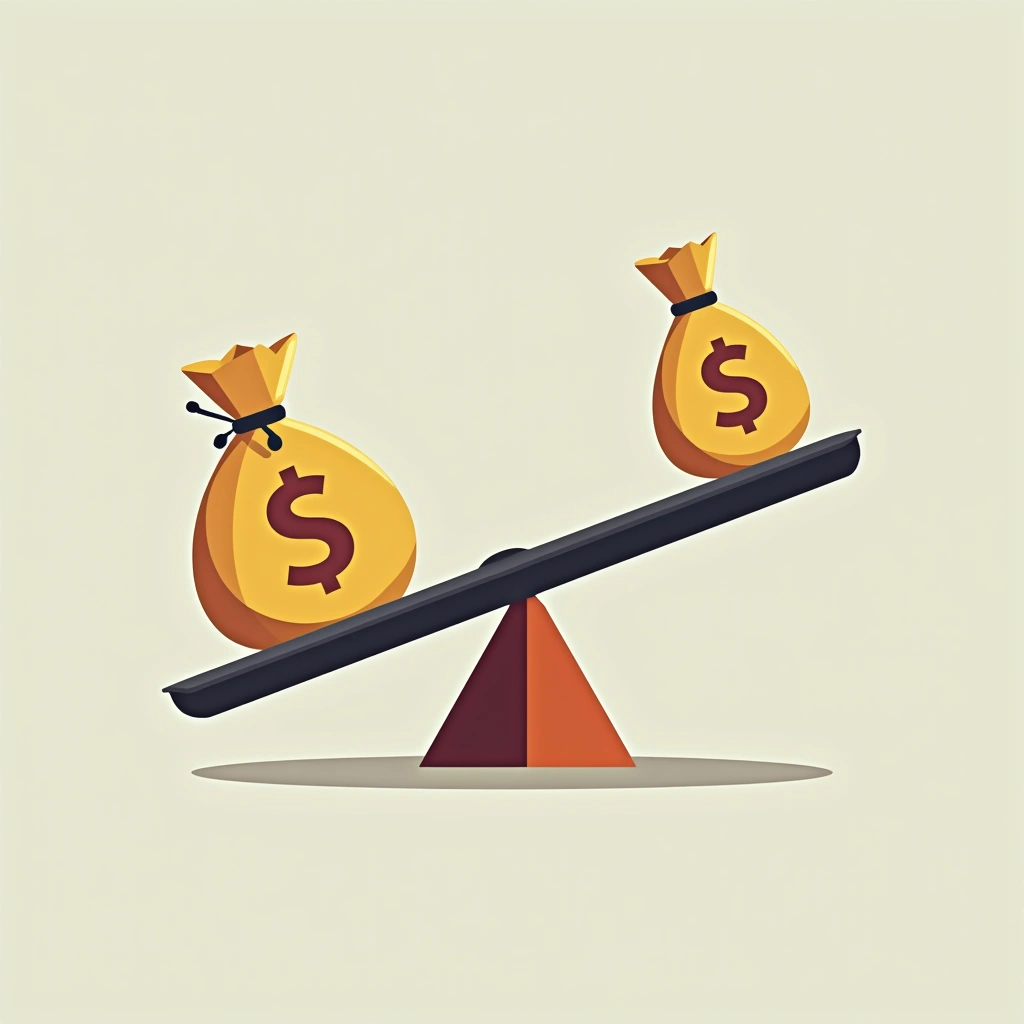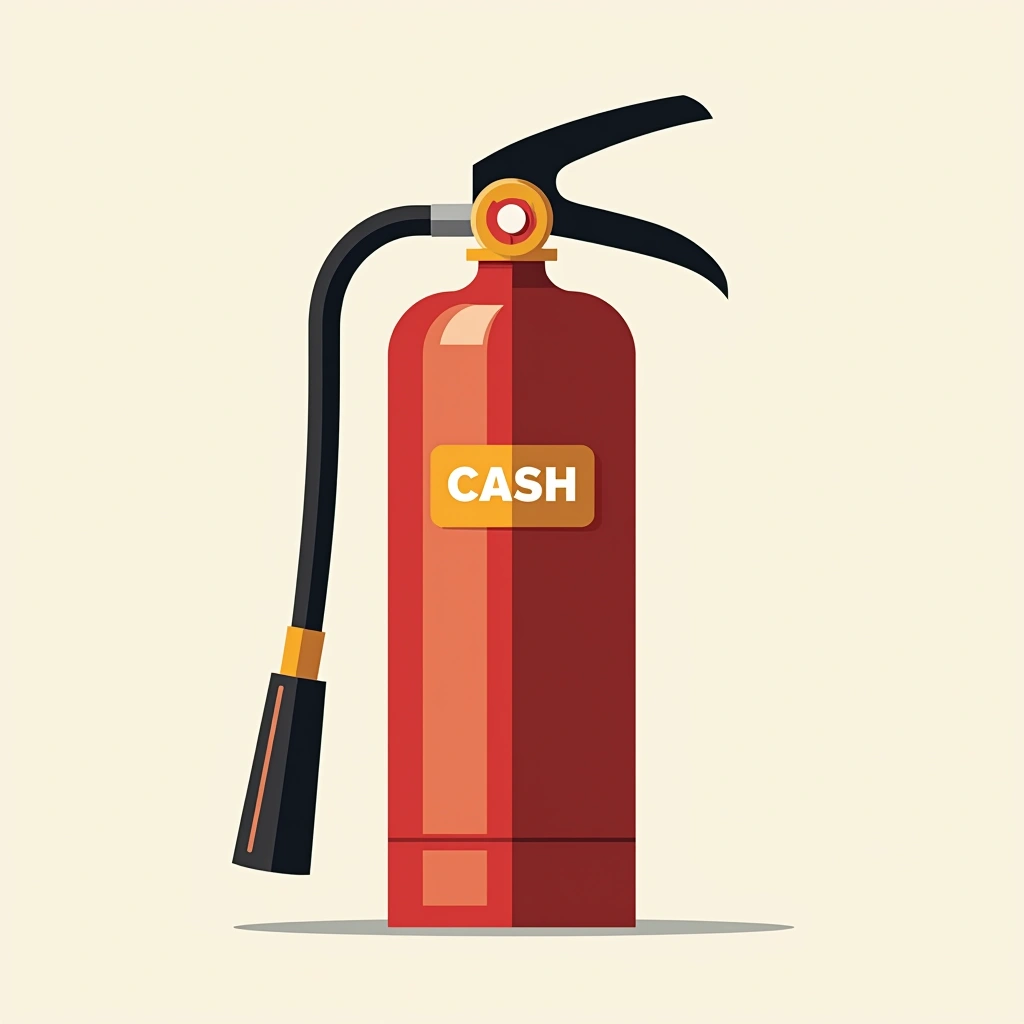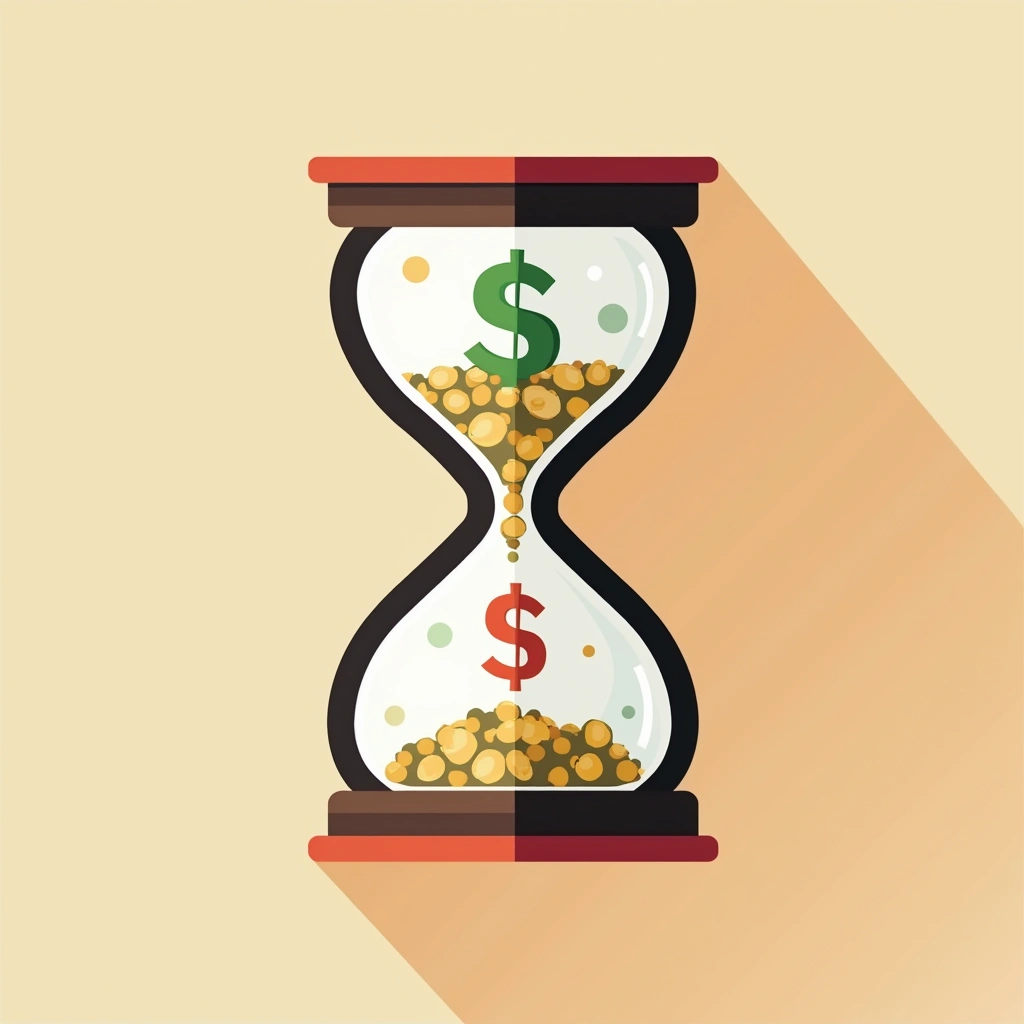Carl Icahn Habits Mastering Activist Investing
Decoding Carl Icahn's Habitual Edge
Carl Icahn, a name synonymous with activist investing, has built a legendary career on a foundation of rigorous habits and strategic foresight. His approach is not just about financial acumen; it's a holistic system encompassing physical fitness, mental discipline, and a relentless pursuit of undervalued opportunities. Understanding Icahn's daily routines and investment principles provides a unique lens into the mindset of a market titan.
His habits are not merely tactical maneuvers but rather a deeply ingrained philosophy. From meticulous pre-market analysis to boardroom proxy battles, each action is calculated and purposeful. This blend of preparation, strategic thinking, and unwavering execution is what sets Icahn apart.
Delve into the habits of Carl Icahn to uncover the principles behind his enduring success in the high-stakes world of activist investing.
Filter Habits
 Carl Icahn's Habit Sets
Carl Icahn's Habit Sets

Early morning workouts
Begin each day with cardiovascular exercise and strength training to boost energy and mental clarity. Focus on consistency rather than intensity for sustainable physical conditioning.
Why This Matters
Carl Icahn maintains rigorous physical fitness to sustain the stamina required for high-pressure negotiations and market analysis. He believes exercise sharpens decision-making abilities and provides resilience during 16-hour workdays[9][16].

Pre-market data review
Analyze overnight market movements and global financial news before trading hours. Cross-reference quantitative data with qualitative insights from analyst teams.
Why This Matters
Icahn identifies mispriced assets by catching early market anomalies. This habit fueled his Netflix investment when others overlooked streaming's potential[1][4].

Contrarian position sizing
Build substantial equity stakes (5-15%) in underperforming companies. Use regulatory filings to signal intentions and create market momentum.
Why This Matters
Icahn forces corporate changes through concentrated ownership. His 10% Netflix stake demonstrated how position size amplifies activist influence[1][14].

Boardroom proxy preparation
Develop alternative management teams and operational plans before initiating corporate challenges. Maintain relationships with industry specialists for rapid deployment.
Why This Matters
Icahn's success at USX and Texaco relied on having replacement leadership ready. This preparation prevents empty threats during takeover attempts[1][4].

Greenmail negotiation tactics
Leverage hostile takeover threats to negotiate premium share buybacks. Balance legal risks with profit potential in distressed targets.
Why This Matters
Icahn historically used greenmail to monetize positions quickly. His TWA exit demonstrated this strategy's profitability despite ethical criticisms[1][4].

Post-merger asset stripping
Identify undervalued physical assets during acquisitions. Separate real estate, patents, or subsidiaries for individual monetization.
Why This Matters
Icahn built wealth by dismantling companies like TWA. Selling London routes to American Airlines exemplified this liquidation approach[2][4].

Low P/E ratio targeting
Screen for companies with price-to-earnings ratios below industry averages. Combine with qualitative analysis of management competence.
Why This Matters
Icahn's philosophy centers on buying 'unwanted' stocks. His RJR Nabisco play targeted mispricing in tobacco assets[1][14].

Executive compensation analysis
Benchmark CEO pay against shareholder returns. Use compensation disparities as leverage in proxy battles.
Why This Matters
Icahn frequently cites overpaid executives when pushing governance changes. This tactic rallied support during Time Warner and McDonald's campaigns[1][13].

Pre-dawn reflection sessions
Practice 20-minute mindfulness exercises before sunrise. Focus on breathwork rather than formal meditation techniques.
Why This Matters
Icahn maintains emotional control during deals through mental centering. Morning reflection helps him anticipate negotiating counterparties' moves[9][16].

High-protein breakfast routine
Consume lean meats and eggs with minimal carbohydrates. Avoid caffeine crashes through strategic hydration.
Why This Matters
Icahn sustains energy for back-to-back meetings without sugar dips. This dietary discipline supports his intense morning workload[9][16].

Strategic poker practice
Study probabilistic decision-making through card games. Analyze opponents' tells and betting patterns systematically.
Why This Matters
Young Icahn funded college through poker winnings. He applies game theory from cards to corporate negotiations[3][11].

Poison pill circumvention
Anticipate defensive measures like shareholder rights plans. Develop counter-strategies using legal loopholes and timing.
Why This Matters
Icahn overcame Netflix's poison pill by gradually building influence. This habit preserves upside in hostile targets[1][14].

Sector rotation timing
Shift focus between industries based on macroeconomic cycles. Exit positions before regulatory or technological disruptions.
Why This Matters
Icahn avoided losses in Apple by selling before China tensions escalated. This proactive rotation protects against systemic risks[13][14].

Bankruptcy arbitrage
Target distressed firms with valuable hidden assets. Negotiate creditor positions during Chapter 11 proceedings.
Why This Matters
Icahn profited from TWA's bankruptcy by acquiring assets cheaply. This high-risk approach requires legal expertise[2][4].

Leveraged buyout structuring
Use debt financing to amplify returns on acquisitions. Balance interest costs against asset liquidation values.
Why This Matters
Icahn's TWA takeover demonstrated aggressive leverage. This habit multiplies gains but requires precise risk management[2][4].

Post-deal performance monitoring
Install tracking metrics after board changes. Conduct monthly reviews of operational KPIs versus projections.
Why This Matters
Icahn ensures management delivers promised reforms. Herbalife investment required continuous oversight[13][14].

Media narrative shaping
Time press releases to influence shareholder votes. Use interviews to frame public perception of targets.
Why This Matters
Icahn swayed McDonald's investors through calculated media campaigns. This habit amplifies activist impact[1][13].

Short-selling hedge strategies
Pair long positions with sector shorts. Use derivatives to hedge against systemic market risks.
Why This Matters
Icahn protects portfolios during broader downturns. This balanced approach enabled survival through 2008 crisis[14][16].

Philanthropic board seats
Join nonprofit boards aligned with personal values. Leverage charitable networks for business intelligence.
Why This Matters
Icahn's Mount Sinai Hospital involvement builds social capital. Philanthropy provides alternative influence channels[13][16].

Nightly deal journaling
Document negotiation lessons and opponent behaviors. Review past entries before similar future deals.
Why This Matters
Icahn refines tactics through continuous self-analysis. This habit created his signature hardball negotiation style[9][16].

Pre-emptive legal consultations
Engage attorneys before making public moves. Stress-test strategies against regulatory frameworks.
Why This Matters
Icahn avoids SEC violations through proactive compliance. This habit prevents costly delays during activist campaigns[1][13].

Management talent scouting
Maintain database of potential CEO candidates. Track performance across multiple economic cycles.
Why This Matters
Icahn replaces underperforming executives swiftly. This readiness was key in the eBay/PayPal spin-off[2][14].

Liquidity buffer maintenance
Keep 10-15% portfolio in cash equivalents. Use dry powder for opportunistic distress purchases.
Why This Matters
Icahn capitalized on 2012 Netflix dip because of available funds. Liquidity enables rapid response to market panics[1][14].

Cross-generational mentorship
Partner junior analysts with veteran traders. Encourage reverse mentoring on technology trends.
Why This Matters
Icahn Enterprises combines experience with innovation. This habit future-proofs investment strategies[13][16].

Regulatory change anticipation
Monitor legislative proposals for market impacts. Position portfolios to benefit from policy shifts.
Why This Matters
Icahn avoided losses in coal investments by anticipating EPA rules. This forward vision protects against black swans[14][16].

Brand value exploitation
Monetize corporate trademarks and legacy assets. License intellectual property to third parties.
Why This Matters
Icahn extracted value from American Entertainment Properties. This habit turns intangible assets into revenue[4][14].

Structured exit timing
Sell positions incrementally during price surges. Avoid market flooding through controlled divestment.
Why This Matters
Icahn maximized Netflix profits by scaling out over 3 years. This prevents leaving money on the table[1][14].
Key Takeaways for Strategic Action
Icahn's habits offer valuable lessons applicable far beyond the realm of high finance. His emphasis on discipline, preparation, and strategic thinking provides a robust framework for anyone seeking to achieve ambitious goals. These takeaways highlight the essence of his approach.
- Disciplined Foundation: Early morning workouts and high-protein breakfasts underscore the importance of physical and mental readiness. A strong personal foundation fuels high-performance decision-making.
- Strategic Foresight: Pre-market data review and regulatory change anticipation demonstrate the need for constant environmental scanning. Understanding market dynamics and potential shifts is crucial for proactive positioning.
- Contrarian Thinking: Low P/E ratio targeting and bankruptcy arbitrage highlight the power of identifying undervalued assets. Seeking opportunities where others see risk can lead to significant gains.
- Decisive Action: Contrarian position sizing and poison pill circumvention showcase the necessity of bold moves. Taking calculated risks and overcoming obstacles are hallmarks of impactful strategies.
- Continuous Refinement: Nightly deal journaling and post-deal performance monitoring emphasize the value of learning and adaptation. Consistent self-analysis and performance tracking drive continuous improvement.
Integrate these key takeaways into your own approach and cultivate the habits of a strategic thinker to unlock your potential for success.

